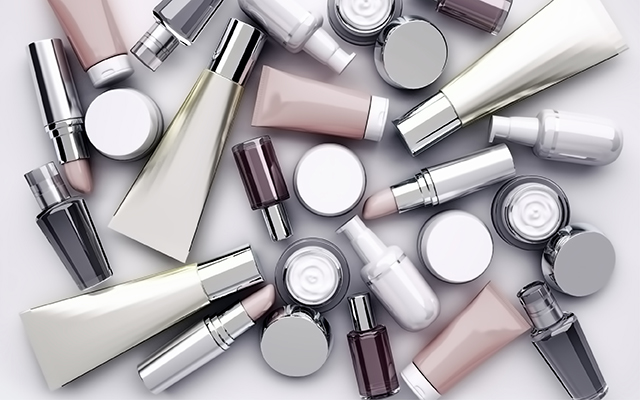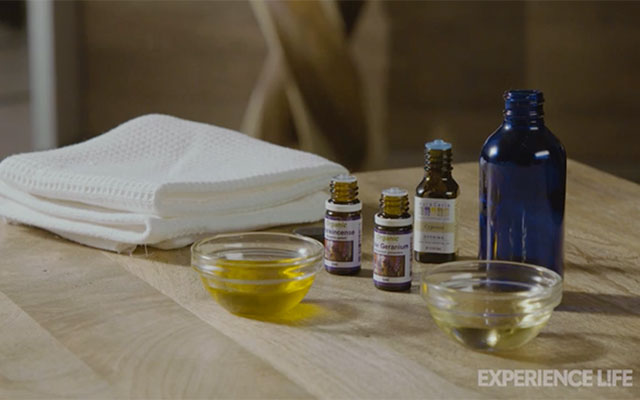In 1902 you could order Dr. Rose’s French Arsenic Complexion Wafers from the Sears, Roebuck and Co. catalog. Today’s makers of personal-care products are un-likely to include a known poison in a product title — but if they did, it might be easier for consumers to avoid harmful exposure.
The personal-care industry — whose sales were projected to top $265 billion in 2017 — is almost entirely self-regulating, and ingredients with known harmful effects appear in hundreds of products.
Your health, in most cases, depends on your own smarts in decoding ingredient labels (threats can range from dermatitis to cancer). For those who don’t do this detective work, their safety relies on a manufacturer’s willingness to recall harmful products.
And that can be a dicey proposition. WEN haircare, for instance, logged more than 21,000 consumer complaints and settled a $26.3 million class-action lawsuit in 2016 — all while continuing to promote its products as “safe.”
The lack of regulatory oversight has alarmed watchdog groups for some time. But recently, the mainstream resource JAMA Internal Medicine also weighed in with an analysis of consumer complaints, alongside a compelling editorial calling for greater federal regulation — inspired in part by the WEN case.
The editorial’s authors, led by Robert M. Califf, MD, the former head of the Food and Drug Administration (FDA) under President Barack Obama, argue that the electronic infrastructure already exists to make it easier for consumers to report adverse reactions directly to the FDA, without increasing costs for producers or consumers. They also suggest that the FDA needs greater regulatory authority.
The authors note that the agency needs adequate funding and resources to regulate the vast personal-care market, a change Califf says is “highly unlikely in the current administration.” But the proposed Personal Care Products Safety Act, introduced in Congress in May 2017, may ultimately give the FDA the authority to regulate and recall products.
Things do change. Today, for example, we all know that arsenic, even when peddled by a Dr. Rose, does not smell as sweet.
This originally appeared as “The Cost of Beauty: A Call for Change” in the January-February 2018 issue of Experience Life.
Beauty-Product Safety Smarts
• Report issues. The FDA has launched a website where consumers can report adverse effects of any personal-care products: bit.ly/2ylH1dm.
• Research ingredients. The Environmental Working Group’s Skin Deep database (www.ewg.org/skindeep) and similar resources make it easy to know what products and ingredients are problematic.
• Read up. For more in-depth information about concerns with personal-care products, see “Beauty Beware.”




This Post Has 0 Comments